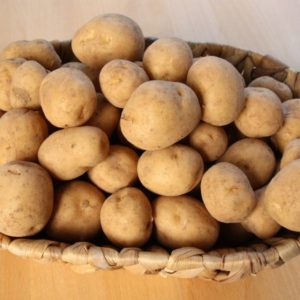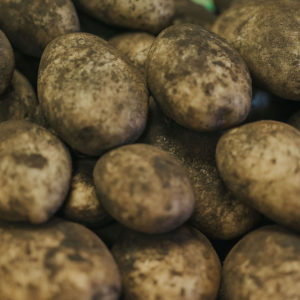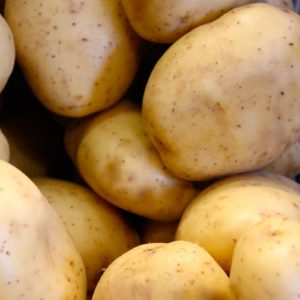Description
Sweet potato Its large, starchy, sweet-tasting, tuberous roots are a root vegetable
The sweet potato is a bright orange root vegetable, and is treated in a similar way to butternut squash, parsnips, swede and turnips. Unlike potatoes, these vegetables do count towards your 5-a-day because they are lower in starch than other carbohydrates and are usually eaten in addition to the starchy part of the meal.
So, what in particular do sweet potatoes offer that makes them good for us? And what is the difference between sweet potatoes and white potatoes? Sweet potatoes are a source of four essential micronutrients: vitamin C, thiamin, potassium and manganese, which between them have a whole range of properties that our bodies need to keep us ticking over.
The most prominent nutrient in sweet potatoes is vitamin C: one large sweet potato contains more than 70% of our reference intake, more than double that of white potatoes! Vitamin C’s roles in the human body are vast: aside from the well-known immune system boost, vitamin C is required to maintain our teeth and gums, cell protection, psychological function, nervous system function and it also enhances our ability to absorb iron.
Read more at http://www.jamieoliver.com/news-and-features/features/why-sweet-potato-is-healthy/#Wrfc0kUTI2ATBb5w.99






